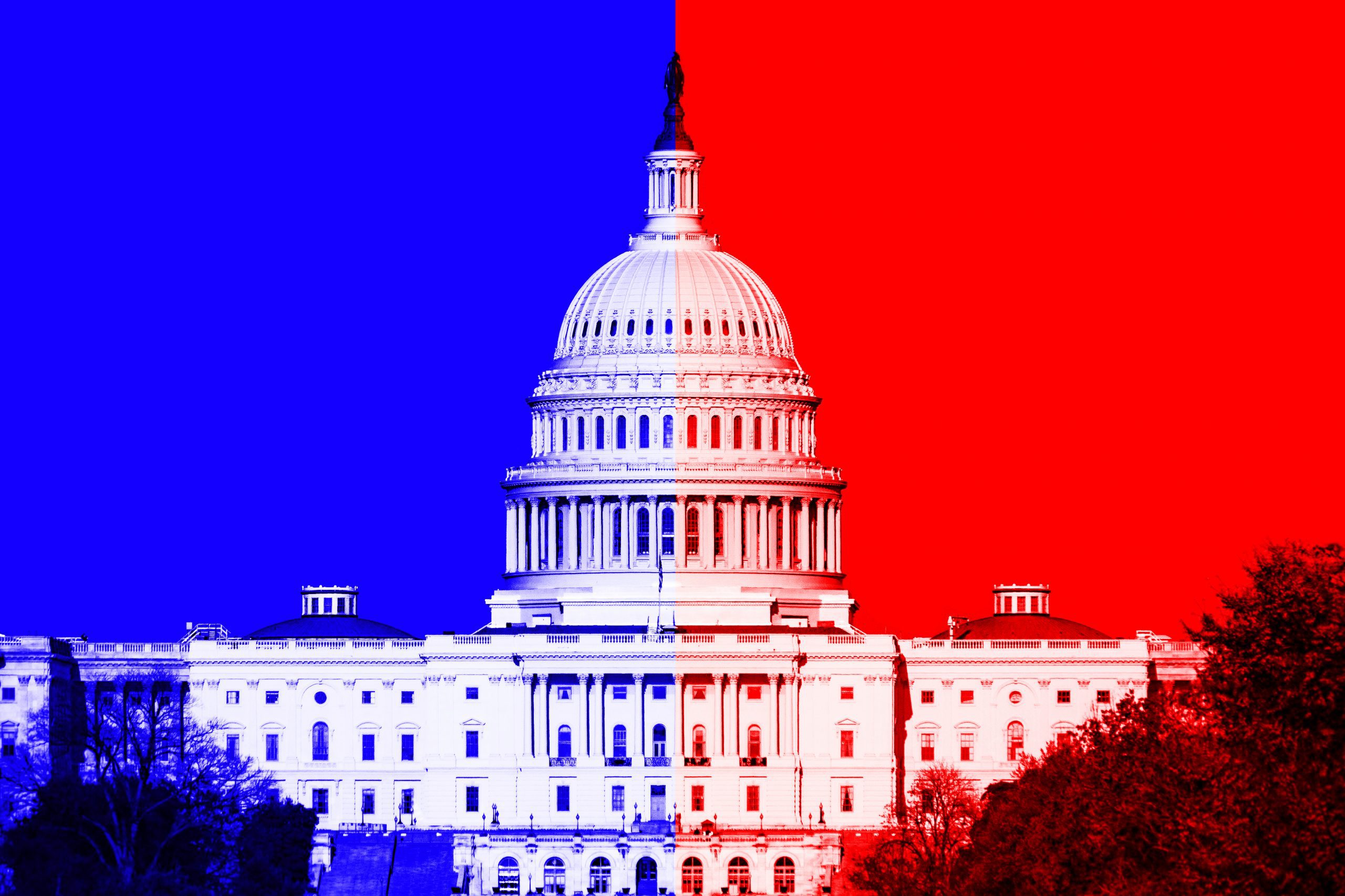How to Enact Rational Filibuster Reform

Demands for alteration of the filibuster rule in the Senate are not unreasonable. The Constitution does not require supermajorities for ordinary legislation, but only for matters relating to constitutional structure: constitutional amendments, ratification of treaties, impeachments, expulsion of members, overriding of vetoes, and removal of presidents under the 25th Amendment. Yet the filibuster has for several decades clogged even modest and incremental changes to the minimum wage, immigration legislation, and labor legislation, building up explosive tensions and inequities.
The pretense that the rule avoids the tyranny of the majority has worn thin. Now, as a practical matter, all Senate legislation requires a three-fifths vote, a recipe for deadlock when the Senate is nearly evenly divided, which ensures that something in the nature of a political earthquake is needed to pass all substantial legislation.
Yet wholesale abolition of the filibuster would ignore the insight of the Framers as to the sorts of issues warranting supermajority requirements. It is clear that today’s hyper-partisanship, the product of three liberal causes—reapportionment, campaign finance nationalization through so-called reform legislation, and the increased use of direct primaries—has caused momentarily triumphant majorities to seek permanence by alterations of the constitutional structure under the guise of ordinary legislation.
Today’s Democratic leadership seeks to abolish the Electoral College via an interstate compact, to pack the Senate by admission of new states with smaller-than-average populations, to pack the Supreme Court by enlarging it, and to pack the electorate—by enfranchising felons and 16-year-olds, by delivering infirm and apathetic nursing home inmates to early voting sites in wholesale lots, and even by eliminating curbs against purchased mail-in votes and voter impersonation.
Thus, any alteration of the filibuster rule should exempt four classes of legislation from its scope: ratification of interstate compacts, alteration of the size of the judiciary, admission of new states, and legislation relating to the franchise as well as reapportionment and redistricting. It is one thing for majorities to be allowed to work their will, subject to the safeguard of elections every two years. It is something else for possibly transient majorities to render themselves permanent by predetermining the results of future elections.
Public congressional approval ratings have rarely been above 20 percent since 2012 and currently stand at 15.3 percent. This is a result of the manifest inability of the Senate to enact significant legislation by reason of the three-fifths cloture rule. Speaking of filibusters in 1946, the then Senate Majority leader, Robert Taft, prophesied Congress’ fall to its present low estate. In a letter relating to the Full Employment Bill establishing the Council of Economic Advisors, Taft explained “I have always said that I would vote for cloture on any bill after adequate debate had been had. After all, we have a system based on majority rule. If the minority undertakes to prevent action by the majority beyond proper limitations, we are likely to find Congress completely discredited.” He again declared his position on cloture to the NAACP’s Walter White in early 1949: “[I favor] a fair amount of debate on public issues and sufficient time for the public to be informed of what is being done. Two thirds is perhaps more than is necessary. I have always voted for closure. . . when I feel that adequate time has been given.”
The potency of filibusters has been enhanced in recent years, notwithstanding the erosion of super-majority requirements by the advent of what former Senator Robert Dole has called “the gentleman’s filibuster,” in which senators do not actually hold the floor but merely signify their intention to do so, triggering abortive cloture votes which fail for want of the required supermajority. Even nominations subject to majority vote can be delayed by 30 hours through use of this device, the fate of nearly all of President Trump’s nominations, even the least controversial of them.
It is not surprising under these circumstances that Congress has been increasingly bypassed, by crude and divisive judicial legislation on the one hand and by abuse or attempted abuse of executive rulemaking on the other.
Normally, a change in control of the Senate would foster enactment of legislation which moves some distance toward the preferences of the majority party, but without delivering a total victory, and would leave the promise of a change in the other direction if control altered in two years. But when majorities cannot legislate at all, stasis results, together with the bottling up of pressures for change, leading to demands for sudden and even extra-constitutional measures. And when majorities try to entrench themselves against the consequences of future elections, then the filibuster in its present form is legitimized.
Those skeptical of the amendment of the filibuster rule should not be caught up in arguments about arithmetic but should make this vital distinction.
Legislatures are agencies of compromise and in a democracy must be allowed to do their normal work on issues such as the minimum wage and labor and immigration legislation. There remains the safeguard of executive veto by a president, normally sensitive to a national majority, as well as of judicial review. Majority rule in this sense is a conservative principle, one allowing adjustments without explosions. The last two Congresses have drastically curtailed the filibuster. Any further restrictions should be cautious, exempting changes designed to produce permanent majorities. They should finish the job, or at least restrict its use to those actually occupying the floor and participating in public debate.
George Liebmann is president of the Library Company of the Baltimore Bar and the author of numerous works on law and history, most recently Vox Clamantis In Deserto: An Iconoclast Looks At Four Failed Administrations (Amazon: 2021).